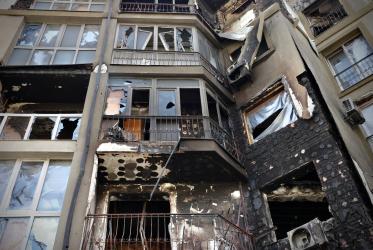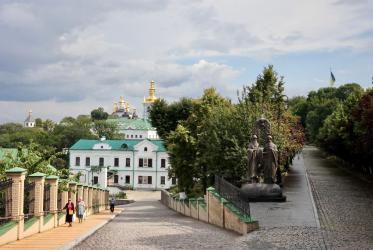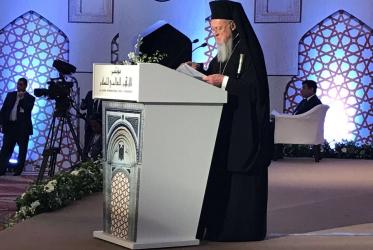Displaying 1 - 10 of 10
G20 summit: call to pray for peace in Hamburg
07 July 2017
WCC/UN conference calls for coordinated action on refugee crisis
20 January 2016
WCC urges responsibility for and support to the refugees in Europe
04 September 2015








